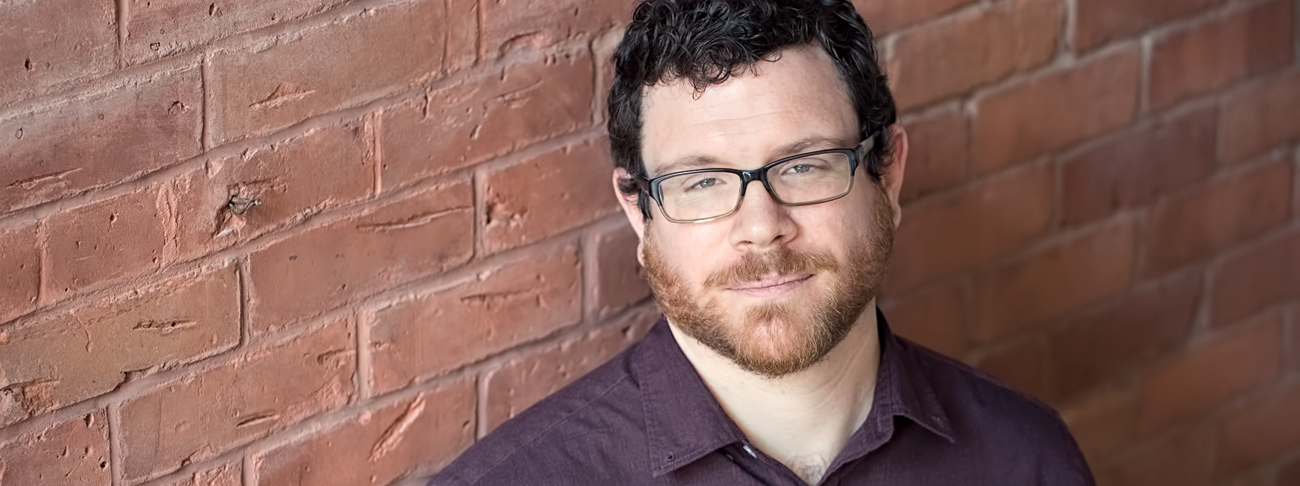
Tim McSorley is national coordinator for the International Civil Liberties Monitoring Group, a national coalition of Canadian civil society organizations — including CAUT — established following the September 2001 terrorist attacks in the United States and the adoption of Canada’s first Anti-Terrorism Act.
What type of work does the ICLMG tackle?
The coalition brings together 45 NGOs, unions, professional associations, faith groups, environmental organizations, human rights and civil liberties advocates, as well as groups representing immigrant and refugee communities in Canada. The ICLMG formed in the context of the so-called ‘war on terror,’ and our mandate is to defend the civil liberties and human rights set out in the Canadian Charter of Rights and Freedoms, federal and provincial laws and international human rights instruments.
What issues/cases are you focussed on currently?
Right now we are focussed on several: Bill C-59 (the National Security Act of 2017) and are looking into its oversight and review mechanisms, the changes it proposes to Bill C-51, and issues around mass surveillance and cyber powers; the threatened deportation of Mohamed Harkat and Canada’s ongoing complicity in torture; and the Hassan Diab extradition case and our federal government’s inquiry into that affair. We actively do public outreach and education on these types of complex issues. Our web site contains recordings of events and short videos, such as breaking down what’s in Bill C-59, for example. We also produce a weekly newsletter in an effort to make our work accessible. These issues and our world are complex so we try to provide analyses in ways that speak to how people are affected and why we need to question these things.
What’s wrong with Bill C-59?
Bill C-59 will give security agencies more powers with not enough oversight and accountability. It’s going to affect people through surveillance and access to their personal information. It’s also going to affect members of those communities targeted and viewed by some — unjustly — as being a threat to Canada’s national security. What it doesn’t do is protect our rights at the border or when traveling, and doesn’t shed enough light on how agencies, like the Canadian Security Intelligence Service and the Communications Security Establishment, work.
CAUT worked to free Hassan Diab, a Canadian professor extradited to France and imprisoned for 3 years without any charges brought against him. We continue, along with ICLMG, to call for an independent public inquiry into how this happened. What needs to be done?
They are holding an “external review” which is insufficient. There was no transparency around the government’s appointment of Murray Segal — a former prosecutor — to carry out the review. He’ll be working behind closed doors and won’t necessarily have access to all information and documents required to really shed light on what happened to Diab. Also, the mandate is much too narrow. The review will only look at what happened to Diab, and not recommend changes to the Extradition Act, which is fundamental. We can’t have a real investigation and attain real solutions to what happened to Diab if we’re not also examining the Act. The report will most likely be a whitewash, and we won’t actually see the changes that are needed.
What are the issues facing Mohamed Harkat and implications for Canadians?
He was a refugee to Canada and although he’s never been found guilty of a crime still faces unclear suspicions and the threat of deportation to Algeria where he’ll be imprisoned and tortured. We’ve been working on his case, but also generally on Canada deporting people to torture, and how national security and terrorism is used to excuse these types of actions. We find it astonishing that we are still talking today about this, and that the government hasn’t brought in an absolute ban on either dealing with countries who use torture, or using evidence obtained through torture.
Border issues are a hot topic right now leading into a fall federal election. Do you think this will affect how Canadians vote?
We’re seeing a definite upswing in the rhetoric that we need to somehow tighten Canada’s borders even more. Meanwhile what we’ve seen for the last 15 years is nothing but the tightening of our borders. It’s concerning that this call for more border security is becoming an election issue. What powers exactly should agents have to search people’s personal electronic devices when they are coming into Canada is a legitimate question. What authorities do with the information collected remains a huge legal grey area. We definitely think border issues are going to play a part in the next election, and specifically around the false rhetoric and fear mongering about the threat that migrants and refugee claimants pose to Canadians.